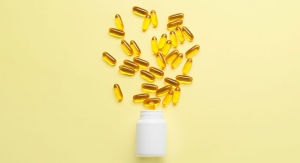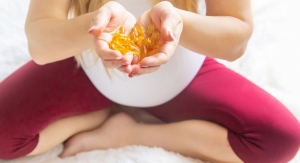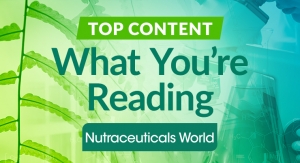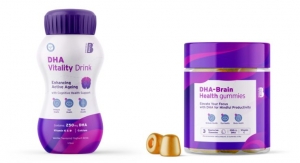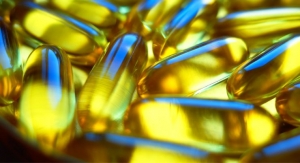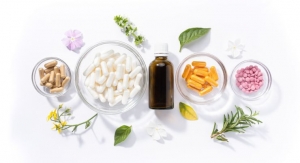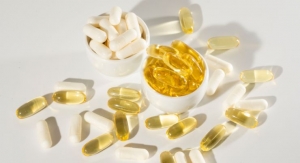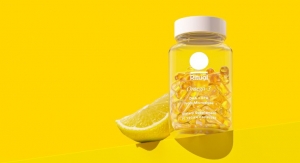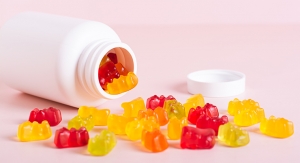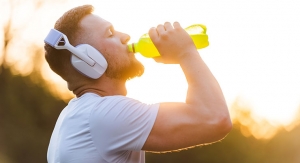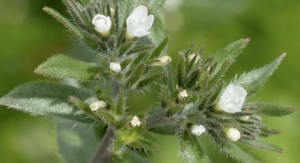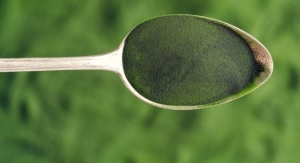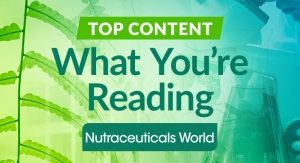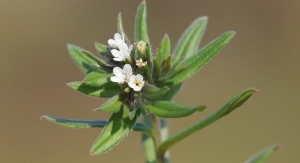02.01.18
DSM and Evonik have established a new company, Veramaris V.O.F., for the production of omega-3 fatty acids EPA and DHA from natural marine algae for animal nutrition. The 50:50 joint venture is headquartered at the DSM Biotech Campus in Delft (Netherlands).
Veramaris’s breakthrough innovation—an algal oil—will, for the first time, enable the production of the omega-3 fatty acids EPA and DHA for animal nutrition without using fish oil from wild-caught fish. DSM and Evonik announced their intention to start this joint venture in March 2017. Since then, all necessary approvals have been received.
Construction of the $200 million production facility at the Evonik site in Blair, Nebraska, has commenced and is proceeding according to plan. Commercial quantities of the algal oil rich in the essential omega-3 fatty acids EPA and DHA will be ready for sale in 2019. Pilot quantities for market development purposes are already available. The initial annual production capacity will meet roughly 15% of the total current annual demand for EPA and DHA by the salmon aquaculture industry.
Veramaris will be headed by CEO Karim Kurmaly and CFO Frank Beissmann. Marine biologist Kurmaly has been with DSM for more than 16 years, most recently as vice president animal nutrition & health in Asia-Pacific. Mr. Beissmann, an engineer, has been with Evonik for more than 20 years and has held various positions in production, supply chain, marketing and controlling.
“Our algal oil, rich in both EPA and DHA, is our response to the industry’s call for a sustainable and traceable source of the omega-3 fatty acids EPA and DHA. Veramaris will now enable our partners along the value chain to grow in a responsible way and meet the demand for healthy animal protein rich in both EPA and DHA for consumer health,” said Mr. Kurmaly.
Veramaris engages in dialogue with all stakeholders across the value chain, including NGOs. Pioneering collaborations have allowed leading players in aquaculture to develop salmon diets free from marine ingredients, using the Veramaris algal oil as a complete replacement for fish oil.
“Our goal is to establish the industry standard. We are committed to delivering consistent high-quality of the omega-3 fatty acids EPA and DHA. Drawing on our expertise in supply chain and logistics, we are able to transition customers to Veramaris as smoothly as possible,” said Mr. Beissmann.
Until recently, the omega-3 fatty acids EPA and DHA added to animal feed have been almost exclusively from marine sources such as fish oil and fishmeal, which are finite resources. Currently, a total of 16 million metric tons of wild fish are caught for the production of fish oil and fishmeal. By using natural marine algae, Veramaris contributes to closing the omega-3 EPA and DHA supply-demand gap, while helping to conserve marine life and biodiversity in the oceans.
Veramaris’s breakthrough innovation—an algal oil—will, for the first time, enable the production of the omega-3 fatty acids EPA and DHA for animal nutrition without using fish oil from wild-caught fish. DSM and Evonik announced their intention to start this joint venture in March 2017. Since then, all necessary approvals have been received.
Construction of the $200 million production facility at the Evonik site in Blair, Nebraska, has commenced and is proceeding according to plan. Commercial quantities of the algal oil rich in the essential omega-3 fatty acids EPA and DHA will be ready for sale in 2019. Pilot quantities for market development purposes are already available. The initial annual production capacity will meet roughly 15% of the total current annual demand for EPA and DHA by the salmon aquaculture industry.
Veramaris will be headed by CEO Karim Kurmaly and CFO Frank Beissmann. Marine biologist Kurmaly has been with DSM for more than 16 years, most recently as vice president animal nutrition & health in Asia-Pacific. Mr. Beissmann, an engineer, has been with Evonik for more than 20 years and has held various positions in production, supply chain, marketing and controlling.
“Our algal oil, rich in both EPA and DHA, is our response to the industry’s call for a sustainable and traceable source of the omega-3 fatty acids EPA and DHA. Veramaris will now enable our partners along the value chain to grow in a responsible way and meet the demand for healthy animal protein rich in both EPA and DHA for consumer health,” said Mr. Kurmaly.
Veramaris engages in dialogue with all stakeholders across the value chain, including NGOs. Pioneering collaborations have allowed leading players in aquaculture to develop salmon diets free from marine ingredients, using the Veramaris algal oil as a complete replacement for fish oil.
“Our goal is to establish the industry standard. We are committed to delivering consistent high-quality of the omega-3 fatty acids EPA and DHA. Drawing on our expertise in supply chain and logistics, we are able to transition customers to Veramaris as smoothly as possible,” said Mr. Beissmann.
Until recently, the omega-3 fatty acids EPA and DHA added to animal feed have been almost exclusively from marine sources such as fish oil and fishmeal, which are finite resources. Currently, a total of 16 million metric tons of wild fish are caught for the production of fish oil and fishmeal. By using natural marine algae, Veramaris contributes to closing the omega-3 EPA and DHA supply-demand gap, while helping to conserve marine life and biodiversity in the oceans.

